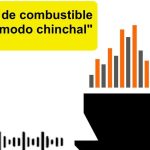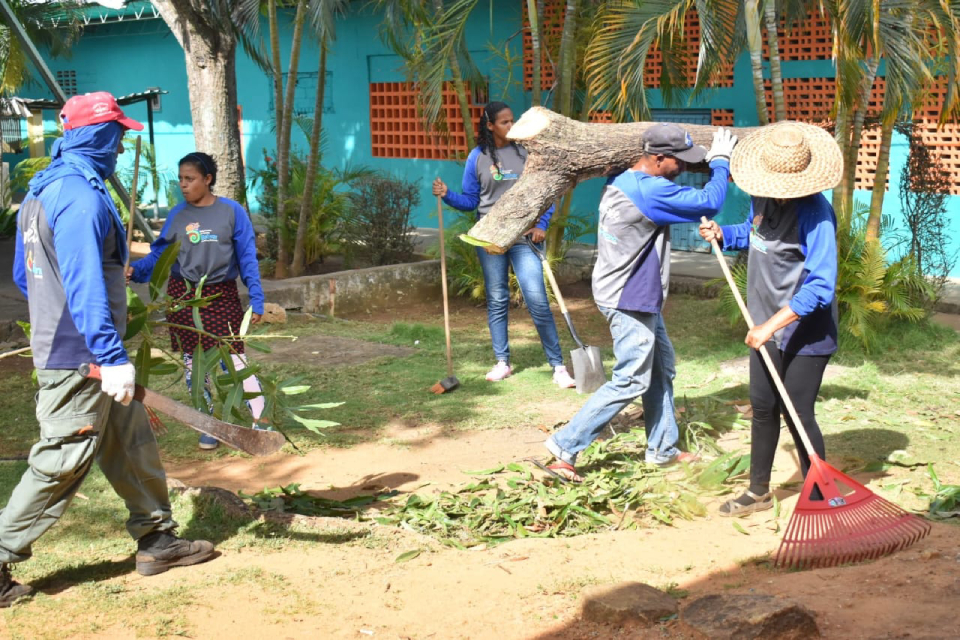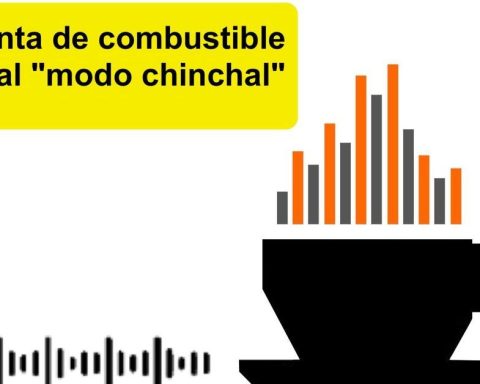The American poet and essayist Anne Boyer visits Argentina as part of the YA! Poetry Festival. to present “Clothing against women”, a collection of poems recently published in the country that addresses issues such as class and gender, and “Desmorir”, a work that won the Pulitzer Prize in 2020, which deals with what it is like to suffer from cancer in a capitalist society: two productions that address uncomfortable and complex issues with courage and clarity.
Boyer (Topeka, Kansas, 1973) has a journey of poetic prose in which she has expressed concerns about motherhood, money, gender issues, and art for fifteen years. In addition, she is a professor of liberal arts at the Kansas City Art Institute and she devotes much of her academic work to teaching literature, philosophy, and writing.
“Clothes against women”, published in 2015 and edited in Spanish by Triana in 2020, investigates feelings, money, the demands around female beauty and also delves into the practices of writing and reading.
In 2020, the American poet was the winner of the Pulitzer Prize in the non-fiction category for “Destroy”, a book that is triggered by the cancer diagnosis Boyer received shortly after his 41st birthday.
“Illness is never neutral. Treatment is never free of ideology. Mortality is never exempt from politics,” he writes in that book published by Sexto Piso, and this reflection is just one of many that sharply challenge readers.
The link between reading and the body runs through all the work of the American poet and is the axis of this edition of the Poetry Festival Ya!, in which Boyer has his own agenda: he will participate today at 7:00 p.m. in a conversation with the poet and writer Marina Mariasch and a tour of her texts through a performative reading together with Tálata Rodríguez; On Friday at 4:00 p.m. at the CCK she will lead a meeting to explore her literary obsessions: the body, writing, capitalism, and on Sunday at 7:00 p.m. she will be in the Sala Argentina in dialogue with the sociologist and journalist Eugenia Zicavo.
Although “Prendas contra las mujeres” and “Desmorir” do not pursue the same objective, Boyer tells in this interview with Télam that “each stage” of his life “responds to a different way of telling and even so follows the same pattern and concerns.” .
-Télam: In “Parnadas contra las mujeres” there are links of feelings such as guilt, grief or happiness with social class, what is this about?
-Anne Boyer: My hope was, somehow, to communicate the feeling about the economic situation that came after the economic crisis and my own financial situation but without the banal details about the experience. Then you had to extract the feelings, take into account how you felt but without reducing it to a set of numbers or a set of explicit conditions.
-T.: Do you think there is some discomfort about including money as a theme in poetry?
-AB: Absolutely. When I wrote that book a while ago, it was hard to find American poetry that dealt with topics like social class and economic conditions. There was a stream of poetry that did that but it disappeared after the Cold War. So when I searched for other sources, it wasn’t easy to find. As she wrote it, she felt as if she were breaking a kind of taboo in which poets’ lives are supposed to be all glamorous, full of art and intensity, but how to pay the rent, how to pay for food was not a question. question of poetry at that time.
-T.: You also evoke in “Garments against women” the image of the sewing machine. On the one hand, as a difficult task and on the other, as a profitable task. Do you find parallels with the writing of poetry?
-AB: Yes. I started sewing because I was so discouraged about poetry that I wanted to give it up. So I took the machine and started to sew. She was terrible at sewing but she couldn’t stop doing it. I told my friends about poetry, “I’m giving up. I’m not going to write poetry anymore. I’m just going to sew,” and they said, “No, the sewing is your poetry, you’re still sewing the poem.”
What I learned from trying to learn to sew (because I was never good and still am not good at it) is that the construction of the forms, the drawing, the way in which literature adapts to life trying to make it a living garment through similar acts and this connection, not only with the economic but with the historical work of women, it is a channel between sewing and writing, and other disciplines of art, cooking, sculpture, that this was a problem unified about life and its way that he had to solve.
-T.: And in that sense, do you think that to be conceived as such, literature has to go against what is established?
-AB: Absolutely. The literature confirms that the world’s powerful structures are thicker and lack imagination. Every act of creating and proposing new forms of life through literature is an act that works in tension with production in a kind of passionate exchange with the powerful structures of the world.
-T.: “Desmorir” is not a testimonial book, nor a memoir, nor an essay. How do you place this work in your literary career?
-AB: I don’t know what it is either. I think it is a memory of ideas. It was an attempt to record the process of understanding the nature of the world when my mind was under cancer treatment, fear and anxiety. So I had to find a way to count because I didn’t know if I was going to live or die but I knew I was going to go through something ridiculous and painful like cancer treatment so I thought I should at least write a book that I could share with people. But none of the available shapes fit the experience. Again I ask myself that question: How do form and life work together and what is the work of poets like? No matter what, poets are creators of forms and then “Destroy” became an unclassifiable work because life would not fit into what was already there.
-T: Is there a dialogue between “Destroy” and “Clothing against women”?
-AB: “Desmorir” had another objective than “Clothing against women.” I hope “Dismorir” reaches a larger audience and has more of a “guarding your back” role than interactions with poetry. But it is the same life and it is the same person. In many ways, I can see a pattern in my work. Each stage of my life responds to a different way of counting and still follows the same pattern and concerns, about thinking about motherhood, money, gender and art. These themes appear in all my works.
-T.: What gaps did you identify that women go through when faced with an oncological disease?
-AB: In the United States, there are multiple issues. The first is that there is a culture of positivity, happiness and energy no matter what you really feel so it becomes a mask over the feelings of fear and despair that can accompany cancer. Also, due to capitalism, there are great inequalities in access to treatment and not only that but what you need to survive treatment: care at home, meals, paying the rent. We have very little guarantee of keeping our job when we have cancer. So there are these two problems, the cultural attitude and an economic and material system that affects everything about cancer. And inequality is written into everything that happens in the United States, but particularly within medicine.
-T.: Is there a greater demand for being a woman?
-AB: Women are the caretakers of the world. I had just turned 41 when I got cancer, I was a single mother, I had a daughter to take care of, I was a teacher. All I did was take care of other people and when I needed to be taken care of, there was no one. And this is the condition that women face so imagine: you are diagnosed with cancer in your mid adulthood, your parents are grown up, you have young children and you have a job that involves taking care of others. The world has been taking that away from you and when it is your turn to ask, there is nothing there. And, to add, the insulting demand for superficial beauty in which cancer is supposed to come to take away society’s requirements of femininity and what is considered beautiful. These aesthetic demands and the care gap that women with cancer must face impact cancer in very significant ways.
-T.: What contributions can literature make about the discourses around illness and health?
-AB: The response I received from health care providers after “Destroy” was published shows that a book can have an impact on people in the immediate qualities of care. But there is also something when creating literature on diseases is that, when we get sick, we have the desire to be allowed to maintain our dignity and our individuality, that we are not reduced to objects or patients. Literature allows us to retain humanity through illness.


















